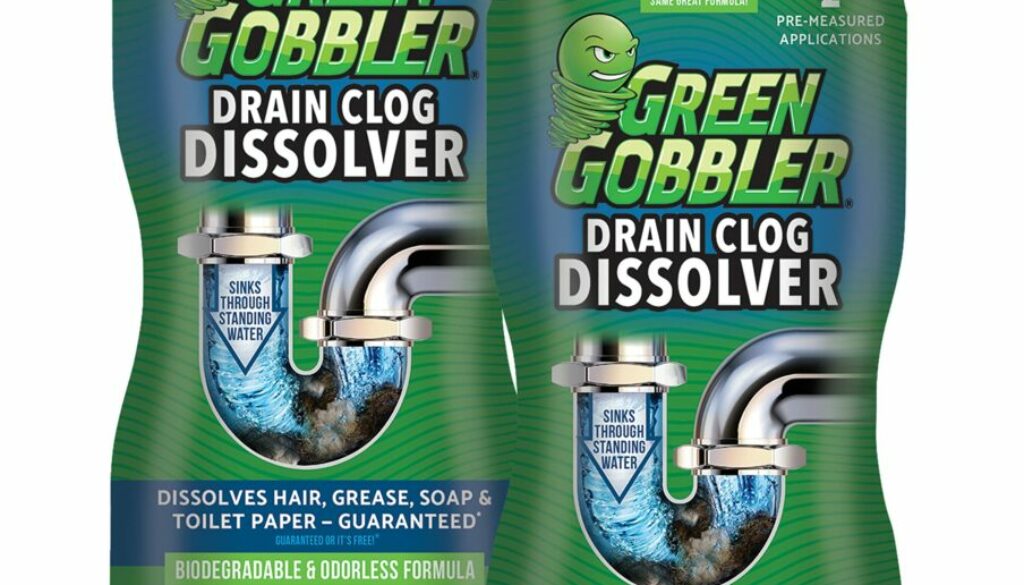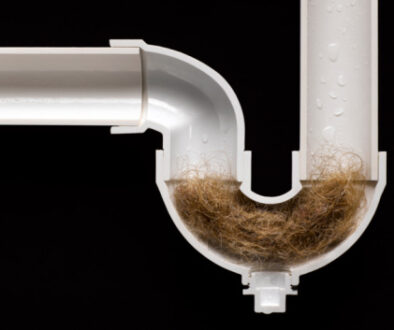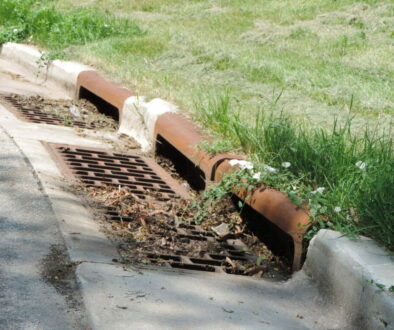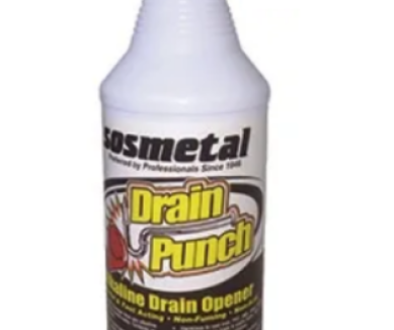What Drain Cleaner Is Safe For Septic Systems
Hey there, 13-year-old readers! Are you curious about what drain cleaner is safe for septic systems? Well, look no further because I’ve got all the information you need right here! Keeping your septic system in good shape is essential for a healthy home, and using the right drain cleaner is a big part of that.
Now, you might be wondering why it’s important to use a specific drain cleaner for your septic system. Here’s the deal: septic systems work by breaking down waste using helpful bacteria. Regular drain cleaners can be too harsh and kill these good bacteria, causing problems down the line. That’s why it’s crucial to find a drain cleaner that is safe for septic systems.
So, what drain cleaner should you use? The safest option is to look for products that are labeled as septic-safe or septic-friendly. These cleaners are designed to be gentle on your septic system while still getting the job done. They won’t harm the good bacteria in your tank and can help prevent clogs and backups. It’s a win-win situation!
The key takeaway here is that using the right drain cleaner is vital for maintaining a healthy septic system. By choosing a septic-safe product, you can keep your pipes clean without compromising the delicate balance of your septic tank. So, next time you’re in need of a drain cleaner, make sure to reach for one that’s safe for septic systems. Your septic tank will thank you!
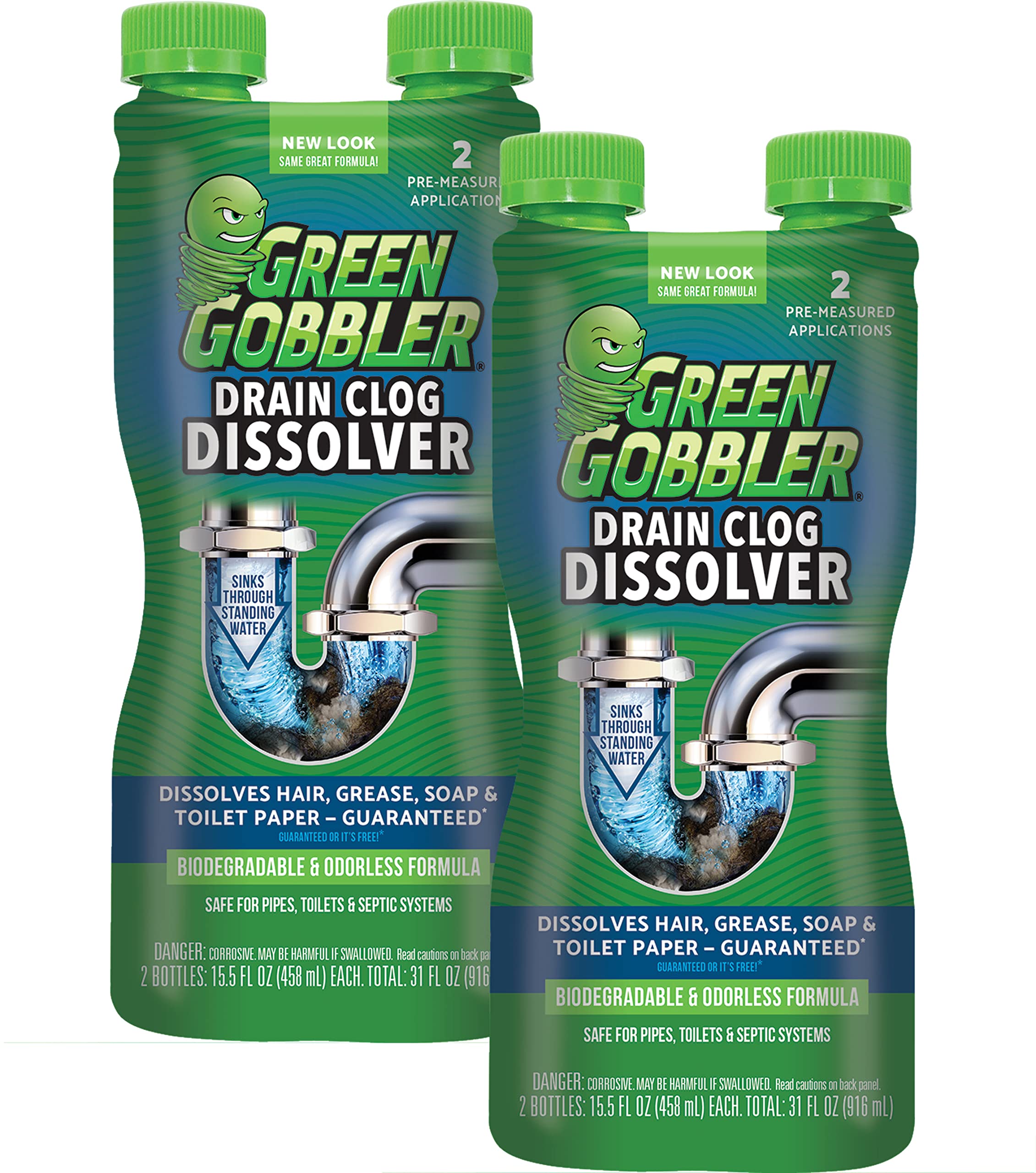
What Drain Cleaner is Safe for Septic Systems?
When it comes to maintaining your septic system, using the right drain cleaner is essential. Many traditional drain cleaners contain harsh chemicals that can harm the bacteria in your septic tank and disrupt the natural breakdown of waste. Thankfully, there are specially formulated drain cleaners that are safe for septic systems. In this article, we will explore what drain cleaner is safe for septic systems and provide you with all the information you need to make the right choice for your home.
1. Enzyme-based Drain Cleaners
Enzyme-based drain cleaners are an excellent choice for septic system maintenance. These cleaners use natural enzymes to break down organic matter, helping to prevent clogs and keep your drains flowing smoothly. The enzymes in these cleaners are non-toxic and biodegradable, meaning they won’t harm the bacteria in your septic tank. Additionally, enzyme-based drain cleaners are safe to use on all types of pipes, making them a versatile option for your plumbing needs.
When using an enzyme-based drain cleaner, it’s important to follow the instructions carefully. Typically, you will pour the recommended amount of cleaner directly into the drain and let it sit for several hours or overnight. The enzymes will then work to break down the clogs and organic matter, allowing water to flow freely through your pipes. Regular use of enzyme-based drain cleaners can help prevent clogs and maintain a healthy septic system.
However, it’s worth noting that enzyme-based drain cleaners may not be as effective on tough clogs or severe blockages. In these cases, you may need to try a different option or seek professional assistance.
2. Baking Soda and Vinegar
If you prefer a more natural approach to drain cleaning, the combination of baking soda and vinegar can be a safe and effective solution for septic systems. Baking soda is a gentle abrasive and vinegar is a natural acid, making them a powerful duo for breaking down organic matter and removing odors.
To use baking soda and vinegar as a drain cleaner, start by pouring a cup of baking soda down the drain. Follow this with a cup of vinegar and immediately cover the drain to prevent the solution from bubbling out. Let the mixture sit for about 30 minutes, then flush the drain with hot water. The chemical reaction between the baking soda and vinegar will help break down clogs and keep your drains clean.
While baking soda and vinegar can be an effective and safe option for septic systems, they may not be as powerful as commercial drain cleaners for tough clogs. Additionally, it’s important to note that repeated use of baking soda and vinegar may cause damage to certain types of pipes, such as those made of PVC or rubber. Use this method sparingly and avoid if you have sensitive pipes.
3. Septic-Safe Chemical Drain Cleaners
If you’re in need of a stronger drain cleaner but still want to ensure the safety of your septic system, there are septic-safe chemical options available. These drain cleaners are formulated with chemicals that are less harmful to the bacteria in your septic tank compared to traditional drain cleaners.
When choosing a septic-safe chemical drain cleaner, it’s important to read the labels carefully and select a product specifically designed for septic systems. Look for cleaners that are labeled as septic safe or septic system friendly. These products typically contain milder chemicals that won’t harm the bacteria in your septic tank.
When using a septic-safe chemical drain cleaner, always follow the instructions provided by the manufacturer. Be mindful of the amount of cleaner you use and how long you let it sit in the drain. Excessive use or leaving the cleaner in the drain for too long can still harm the bacteria in your septic tank.
Key Takeaways: What Drain Cleaner is Safe for Septic Systems?
- 1. Choose drain cleaners labeled as “septic safe” or “safe for septic systems” to protect your septic system.
- 2. Look for cleaners that are biodegradable and contain natural ingredients, as these are less harmful to the environment.
- 3. Avoid drain cleaners that are acidic, caustic, or contain bleach, as these can disrupt the balance of bacteria in the septic tank.
- 4. Enzyme-based drain cleaners are a safer option, as they work by breaking down organic matter without harming the septic system.
- 5. Regular septic system maintenance, including pumping and inspections, is crucial to prevent clogs and maintain the health of the system.
Frequently Asked Questions
Septic systems require special care when it comes to drain cleaners. Here are some commonly asked questions about using drain cleaners that are safe for septic systems:
1. Can I use any drain cleaner with a septic system?
No, not all drain cleaners are safe for septic systems. Some drain cleaners contain harsh chemicals that can harm the beneficial bacteria in the septic tank. It’s important to choose a drain cleaner specifically labeled as safe for septic systems.
These drain cleaners are formulated with septic-safe ingredients that won’t disrupt the delicate balance of bacteria in your septic tank. Look for products that are biodegradable and free from bleach, ammonia, and other harsh chemicals.
2. What are some septic-safe drain cleaner alternatives?
If you’re concerned about using chemical drain cleaners, there are several septic-safe alternatives you can try. One option is using a mixture of baking soda and vinegar. Simply pour half a cup of baking soda down the drain, followed by half a cup of vinegar. Let it sit for about 30 minutes, then flush with hot water.
Another option is using enzyme-based drain cleaners. These cleaners use natural enzymes to break down organic matter in the drain, without harming the beneficial bacteria in your septic system. They are eco-friendly and safe to use with septic systems.
3. Are there any signs that indicate you’ve used a drain cleaner that is not safe for septic systems?
If you’ve accidentally used a drain cleaner that is not safe for septic systems, there are a few signs to look out for. One common sign is a foul odor coming from your drains or septic tank. This could indicate that the harmful chemicals in the drain cleaner have disrupted the balance of bacteria in your septic system.
Other signs may include slow drains, gurgling sounds, or even sewage backup. If you notice any of these signs after using a drain cleaner, it’s important to have your septic system inspected by a professional to assess any potential damage.
4. Can I use homemade remedies to clean my drains without harming my septic system?
Yes, there are several homemade remedies you can use to clean your drains without harming your septic system. As mentioned earlier, a combination of baking soda and vinegar can be an effective and septic-safe option. Another option is using hot water and a plunger to clear minor clogs.
Regular maintenance, such as preventing grease and large food particles from going down the drain, can also help keep your septic system healthy. Remember to avoid using chemical drain cleaners that can disrupt the natural balance of bacteria in your septic tank.
5. Should I consult a professional before using a drain cleaner with my septic system?
If you’re unsure about which drain cleaner to choose for your septic system, it’s always a good idea to consult a professional. A septic system expert can provide guidance on which products are safe to use and offer recommendations based on your specific septic system’s needs.
They can also help assess the overall health of your septic system and provide tips for proper maintenance to prevent future issues. Investing in professional advice can save you from potential septic system damage and costly repairs down the line.
Summary
So, what drain cleaner is safe for septic systems? When it comes to maintaining a healthy septic system, it’s important to choose drain cleaners that are septic-safe. Avoid harsh chemicals like bleach and ammonia that can harm the beneficial bacteria in your septic tank. Instead, opt for natural alternatives like baking soda and vinegar or enzyme-based cleaners that are specifically designed for septic systems. Regular maintenance, including pumping your septic tank every few years, is also crucial to keep your system functioning properly. By following these guidelines, you can help protect your septic system and avoid costly repairs in the future.

